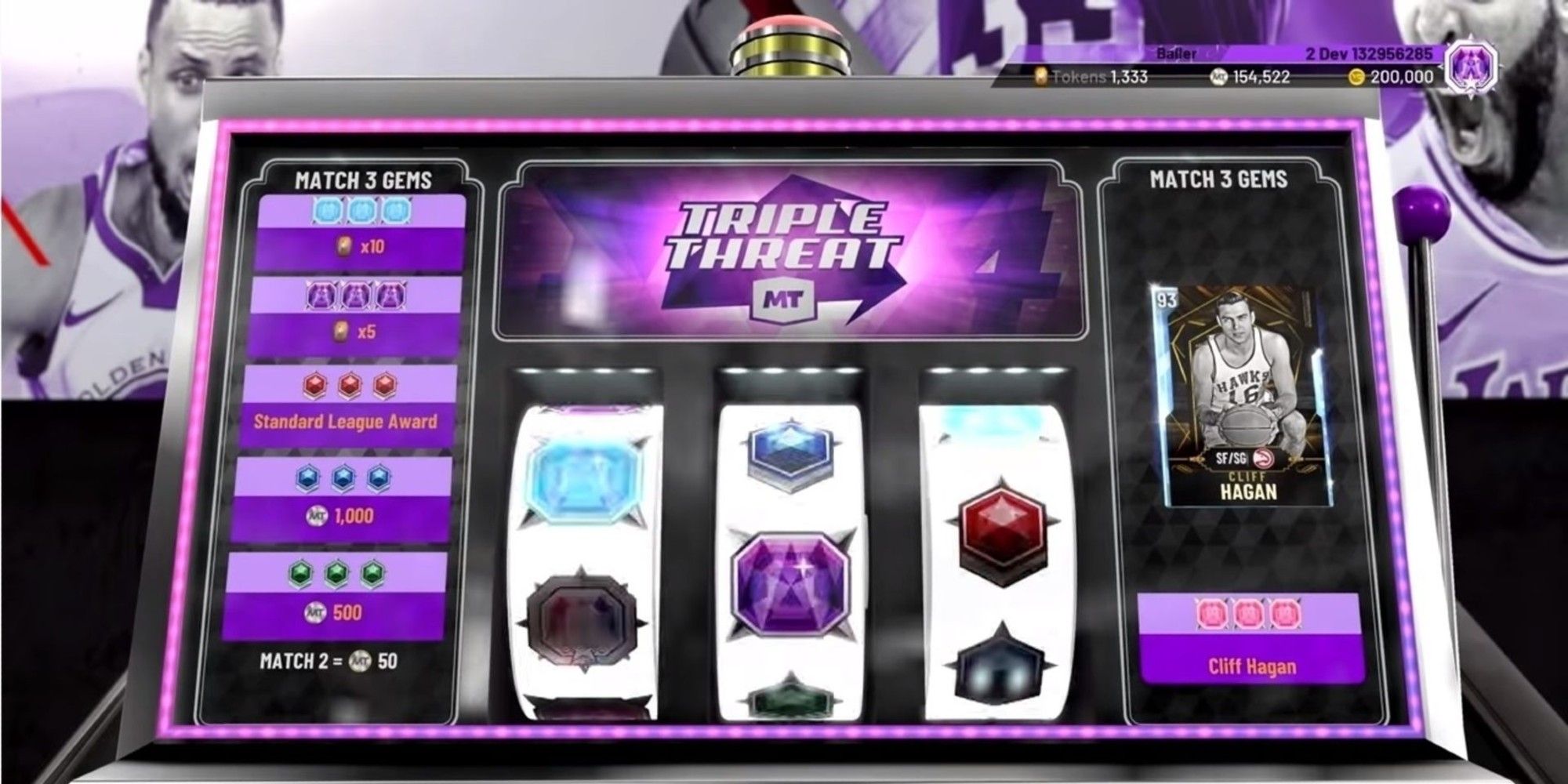Loot boxes have been a controversial topic for many years now. It seems like a new scandal surrounding the digital crates emerges every few months or so. Whether it is a young gamer emptying their parent's bank accounts to buy loot boxes or greedy video game companies, making them more predatory, it seems like the pesky boxes are always in the headlines. It looks like the controversial crates are at it again as they start to resemble gambling more so than in-game purchases.
Loot boxes and similar microtransactions have always been criticized for simulating gambling. Some countries have even taken steps to ban loot boxes, stating that they break gambling laws in certain parts of the world. However, this hasn't stopped certain video game companies from cramming them into their titles. In fact, many companies have grown bolder and aren't disguising them as much as they used to. In-game casinos are starting to pop up in several mainstream titles. Many people believe microtransactions have detrimental effects on young children and shouldn't be included in E-rated video games.
Gambling in video games is nothing new. There are tons of titles that simulate traditional casino games, and although these games have been around for generations, many of them were geared towards adults and rated accordingly. It wasn't uncommon for these games to receive a T or even M rating due to their gambling features. Now, many E-rated games include the same content in the form of loot boxes or microtransactions. Some “family-friendly” video games even have roulette tables and slot machines where people can spend real money in hopes of winning in-game products. If other games received restricted ratings for gambling, why aren't titles with in-game casinos?
Some video game companies have been caught advertising in-game gambling to young gamers. EA recently put an ad in a children's magazine urging kids to spend money on FIFA points to open in-game card packs. Many people think EA is completely out of line advertising gambling mechanics to such young audiences. EA has defended similar controversial business practices by stating that loot boxes use “surprise mechanics” and resemble kinder eggs more than gambling. This ended up backfiring on the company, causing people to question EA's marketing tactics even further.
Recent studies have linked excess loot boxes spending to gambling problems. One study suggests that loot boxes can act as a gateway to future gambling issues. Many people believe exposing children to gambling mechanics early on in life can cause them to develop gambling problems in adulthood. In the UK, the number of kids suffering from gambling-related issues quadrupled from 2016 to 2018. Some concerned citizens blame loot boxes for the drastic increase. While more research is needed to prove these claims correct, it is easy to see why so many people are calling for loot box restrictions.
Loot boxes and microtransactions will always be controversial inside and outside the gaming community. Although there is nothing wrong with them being in certain video games, they shouldn't be included in E-rated titles if they simulate gambling, especially when they require real-world currency. The ESRB should reconsider its stance on loot boxes and how they can affect children, as well as players struggling with gambling issues. Until then, gamers will likely hear more horror stories of kids spending their parent's life savings on “surprise mechanics.”



